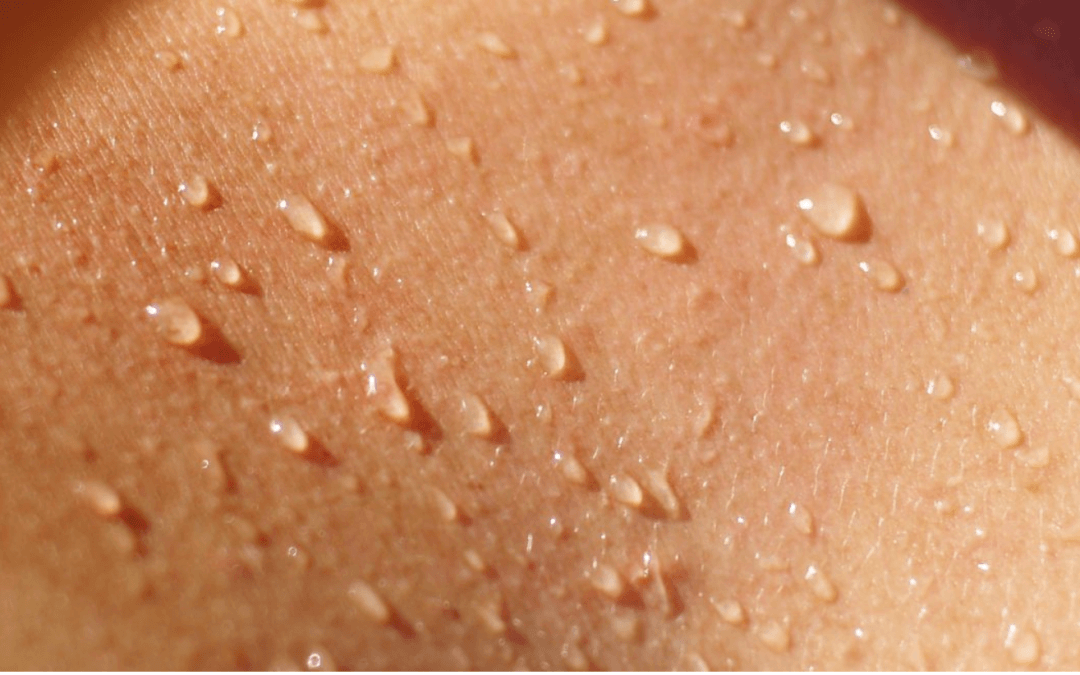
What’s Good Sweat vs. Bad Sweat?
Share
A recent Japanese article explained why excessive use of air conditioning can make you sweat less, which does not help your body in the long run because it reduces the body’s temperature adjusting ability. So, when you do step outside and are under the sun, you actually sweat more. The article goes on discuss two types of sweat: “Good” sweat and "Bad" sweat.
"Good" sweat is composed of more water and smaller, less dense molecules. It has less odor and evaporates more easily, meaning your body temperature adjusts more easily.
“Bad” sweat is denser and stickier as minerals such as sodium are also emitted. It has more odor, is harder to evaporate, and — you guessed it — reduces the body’s ability to adjust its temperature. So, be wary of the overuse of air conditioning.
Remember that your sweat is a valuable indicator of your health and you do have the power to know whether you're on the right track to a healthier life with our Sweat Test Kit. With it, you can easily test your sweat's pH levels to determine if you're in the good zone. If you find yourself having "bad" sweat, here are some tips to produce “good” sweat:
- Simply stand up. Sitting for too many long periods can be hazardous to your health and not just regarding your sweat.
- Put a little more muscle into your daily chores.
- Play with your kids, pets at home. Anything physical gets you away from your electronic devices.
- Walk more, including indoors. The Japanese are known for their minimalist transportation lifestyle. Even Japan’s government encourages its citizens to walk.
Looking for more ways to sweat healthier and lose weight? NEAT, NonExercise Activity Thermogenesis, is clinically proven to be more effective than exercise.
